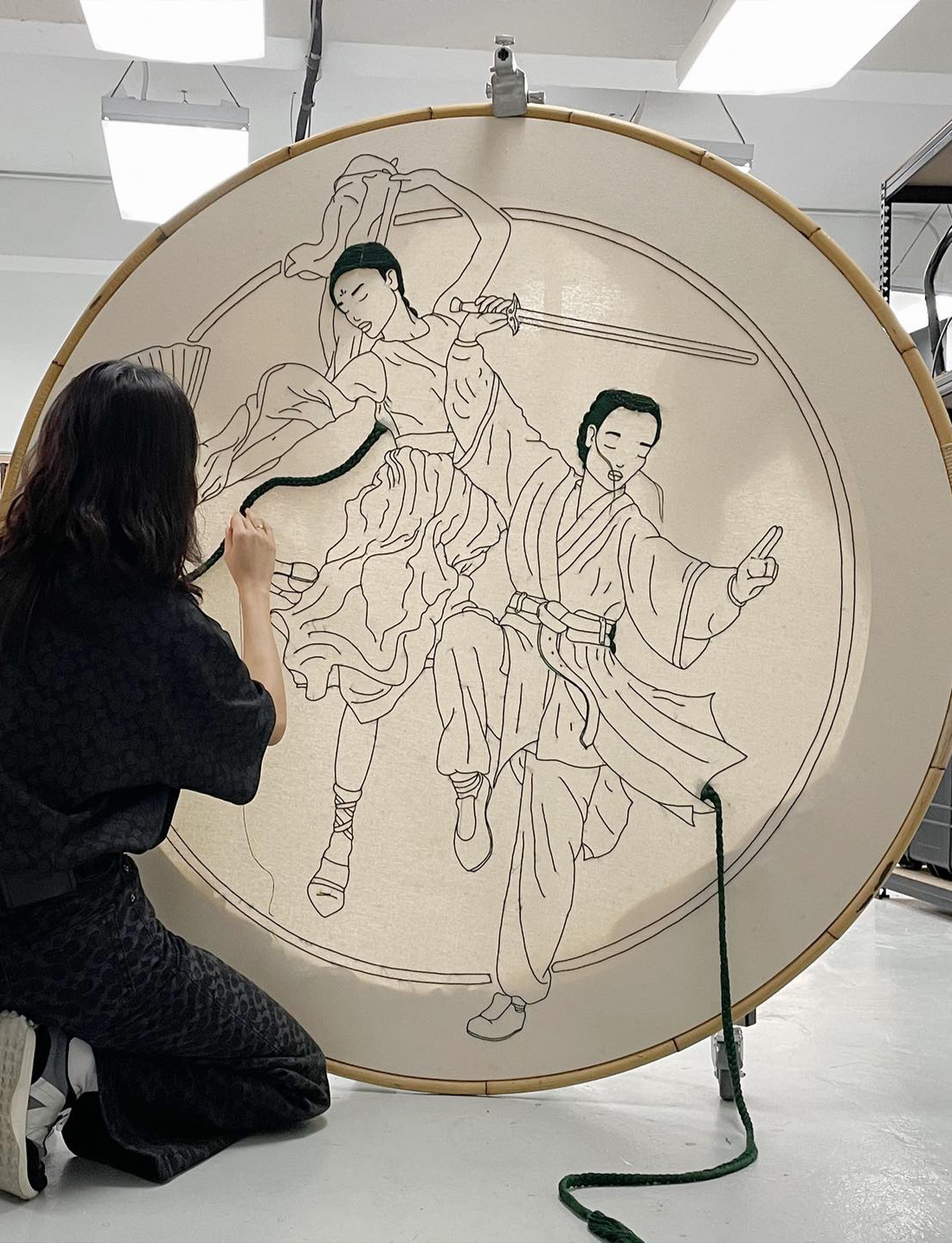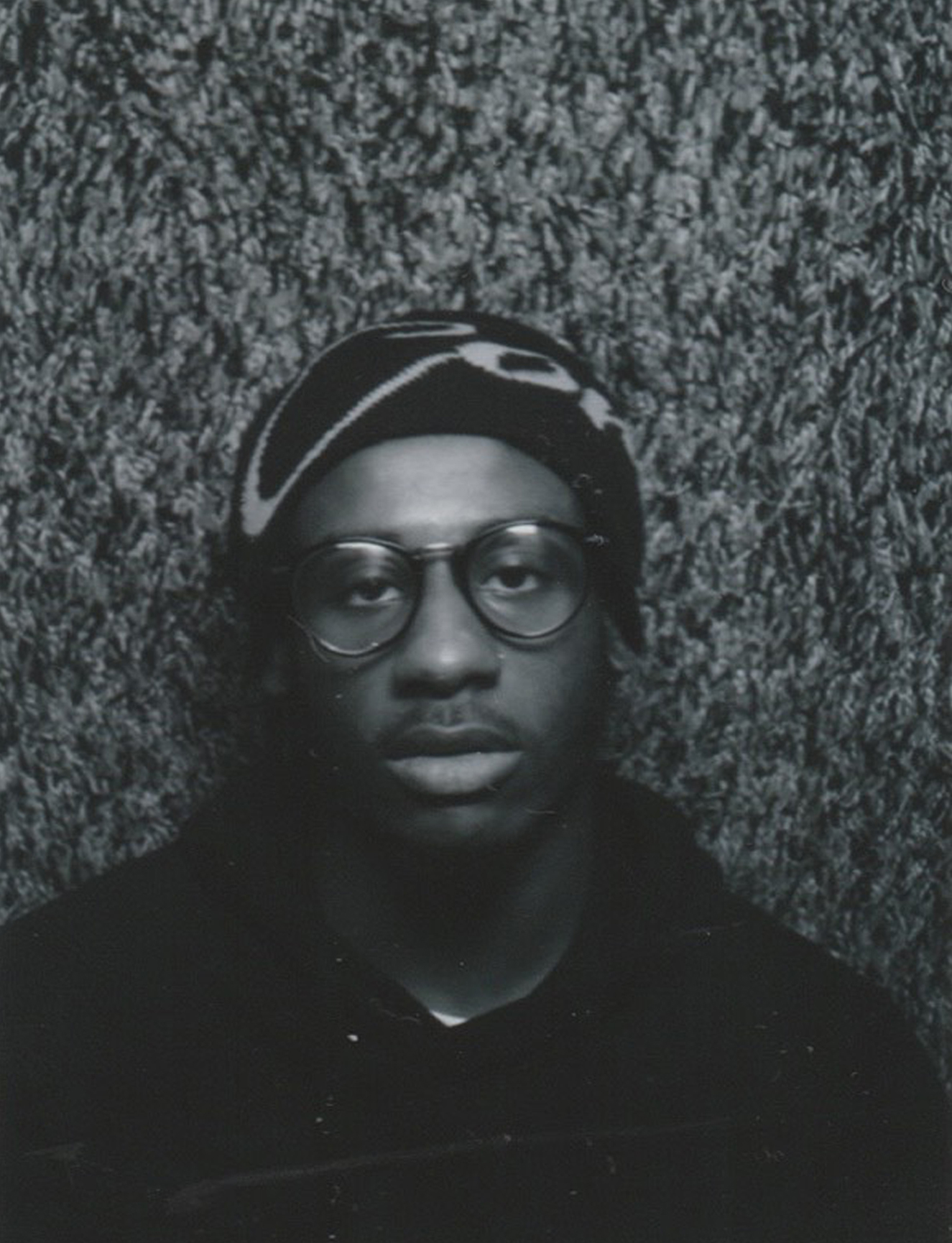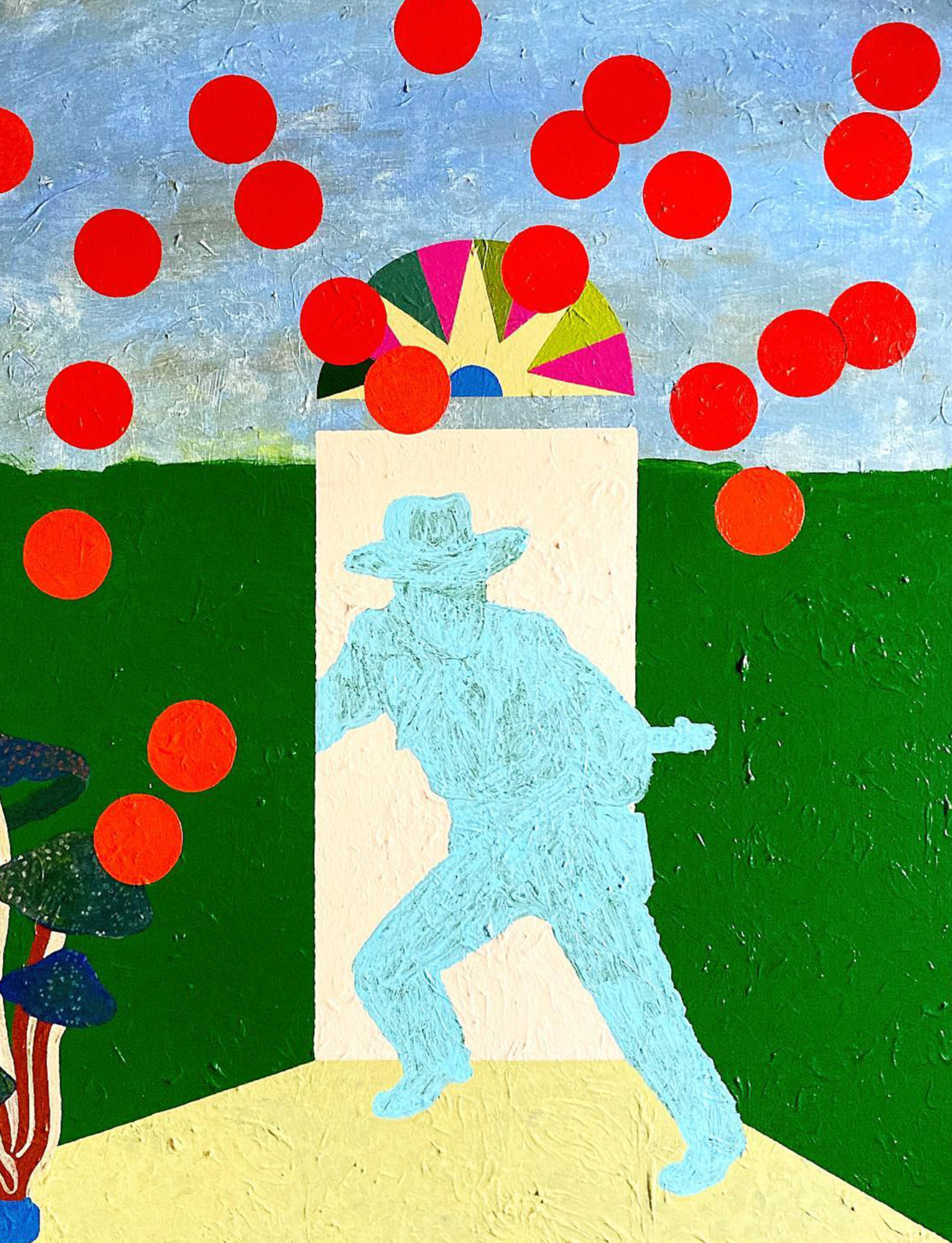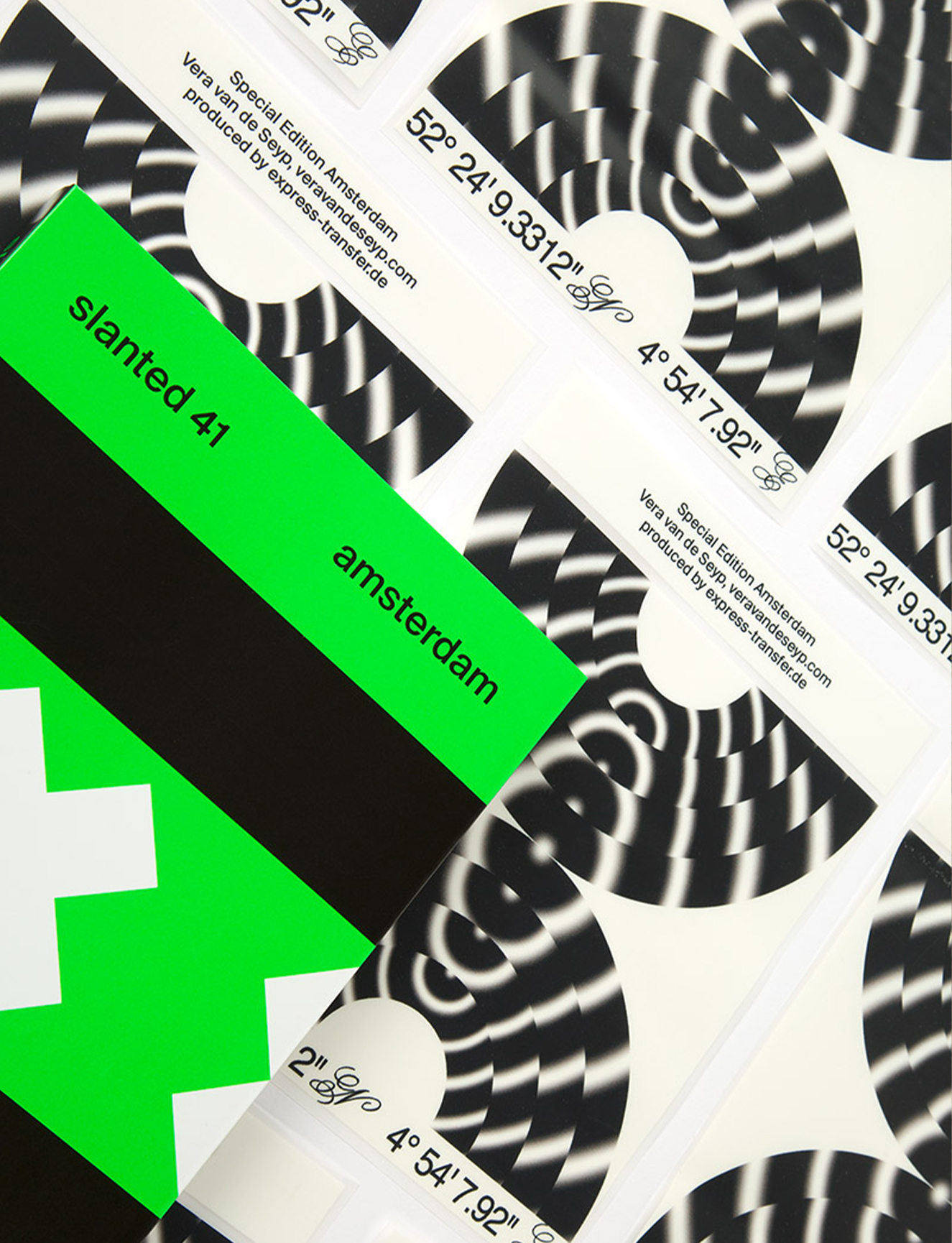Jonathan Lee
Jonathan Lee, @chiukeat, is a New York-based graphic designer. Shop his Chinatown Forever T-shirt here.
Your ‘Chinatown Forever’ design pays homage to the significance of Chinatowns in cities globally, in acting both as spaces to foster community and celebrate heritage. Can you speak a little on how they facilitate this?
I’m an ABC — American Born Chinese — whose life has revolved around Chinatowns. To me, they’re more than just another neighbourhood or tourist destination. They’re a bridge connecting generations across the diaspora to a tangible part of their heritage. When you walk through any Chinatown you can see that they’re living, breathing spaces. People are shopping for fresh fruit and vegetables from street vendors; the elderly are practising tai chi in the park; teens are playing pickup basketball; waiters in restaurants are shouting food orders as they work the lunch crowd; aunties and uncles are walking with their grandchildren while passing down lessons in their native tongue. That’s just a snapshot of how these places nourish our community physically and spiritually. Whether you grew up here or have just arrived, you can feel at home wherever you are in the world and connected to something bigger.

More personally speaking, what has your local Chinatown meant to you?
Chinatowns raised me. Before I ever made my first family visit to China it was Chinatown that connected me to the essence of my heritage and gave me a community that I could call my own. Growing up in Sunset Park, New York, on Saturday mornings we’d ride the dollar van to Chinese classes in the city while singing along to Jacky Cheung, have lunch at Big Wong, pick up baked goods at Taipan, fresh fruits and vegetables from the street vendors, and herbal medicine from Po Wing Hong.
They’re a bridge connecting generations
As I got older, I’d take art lessons at the Asian American Art Center, connecting my love for art with my culture and learning about Asian American history. And after college, I lived in Flushing where I spent my free time in New World Mall or taking the 7 train, exposing myself to cultures from other regions of China and Asia.
For you, why is AAPI Heritage Month important?
AAPIHM is important to me because it is a time of reflection and celebration. It is about honouring the shoulders that we stand upon and it’s also a reminder of the work that is left to be done in the name of progress. It is a chance to shine a light on our many-faceted stories, struggles, and learn from each others’ communities.
Relatedly, why is solidarity across Asian communities valuable?
Despite consisting of 48 countries and representing nearly 60% of the world’s population, in places like the United States the Asian Pacific Islander community only represents less than 6% of the country. While API is an umbrella term for such a large part of the world, the reality is it isn’t a monolith. People from all socio-economic groups come to the U.S. because of various circumstances – ranging from war, famine, to a chance at better opportunities. Each of these groups will have experienced oppression and discrimination differently. By being united in our struggles we have strength in numbers; the pandemic, xenophobia, and anti-Asian hate crimes have only magnified the importance of supporting one another and fighting against forces that choose to dehumanise our communities. And we will find moments for joy along the way.
We have strength in numbers

Your T-shirt raises funds for both spectrums of the Chinatown community: the elderly and the young. Why did you want to choose this approach?
A community cannot truly thrive unless all groups are supported. By raising funds for both ends of the spectrum, we can tend to the elderly by making sure they’re healthy and fed, and we can guide the next generation of Chinatown by providing the youth mentorship, role models, and mental health resources. In this way we can stand on top of the shoulders of our ancestors who sacrificed for us and uplift those who will lead the way next. Chinatown, forever.
Jocelyn Tsaih
Jocelyn Tsaih is a Taiwan-born, Shanghai-raised artist. Now based in Brooklyn, you can shop her Multitudes T-shirt here.
You were born in Taiwan, grew up in Shanghai, and are now based in Brooklyn. How do you think these different places have shaped and influenced your work?
Every place that I’ve had the privilege of calling my home has shaped my perspective on life and consequently, my work. The nature of my upbringing, having been in Asia while attending an international school, led me to have a heightened awareness of my identity and sense of self. I was in the unique position of being in a place where people looked like me and came from similar backgrounds, while simultaneously being surrounded by peers from different parts of the world. Given those circumstances, I think I became more interested in exploring and questioning what connects our human experiences. So much of my work is about capturing the moments and emotions that we share, regardless of where we’re from or what we look like.

Though New York is so far away from where I grew up, I feel very at home here. Similarly to my experience growing up in Shanghai, there are a lot of people here from different corners of the world. There is so much to learn from everyone and so much to be inspired by. I think that living here keeps me on my toes and constantly pushes me to challenge myself.
“This shirt celebrates how we, as the AAPI community, contain multitudes despite the umbrella terms used to describe us or the stereotypes that try to put us in boxes,” you said about your design. For you, why is this flattening of identity so harmful?
The less we know about someone, the easier it is to judge or ‘other’ them. When more stories are shared and there’s a better understanding of where someone is coming from, the easier it is to relate or empathise. There’s been a lot of conversations on how specificity leads to relatability and I really agree with that. It’s harmful to flatten identities because we lose the specificity that’s often needed to understand one another on a human level.
Specificity leads to relatability
Your design is also based on a drawing you made after watching Everything Everywhere All At Once, do you often look to film as a source of inspiration?
Yes, I’d say so. I love the way stories are told through films and I love how stories from all different types of people can be shared and viewed through this artform. Sometimes it’s also a way for me to escape into an alternate reality, similar to reading a book, where I feel as though I can be in a different world and re-evaluate what I think I know.

For you, why is AAPI Heritage Month important?
It’s important to celebrate our community! It’s great we have a dedicated month but personally I celebrate us year-round.
Sheena Liam
Sheena Liam, @times.new.romance, is a Malaysian model and embroidery artist, you can shop her T-shirt here.
How has your background shaped your work as an artist?
I travel for my work a lot, I am hardly ever in one proper space for long. This has informed my work in a way that things have to be compact and fit into a suitcase. I am often sketching my pieces out on my iPad, the illustrations are hardly ever seen as a final product before embroidering. This is a good chance to share some of my sketches in a different medium and form that everyone can still appreciate for a good cause.
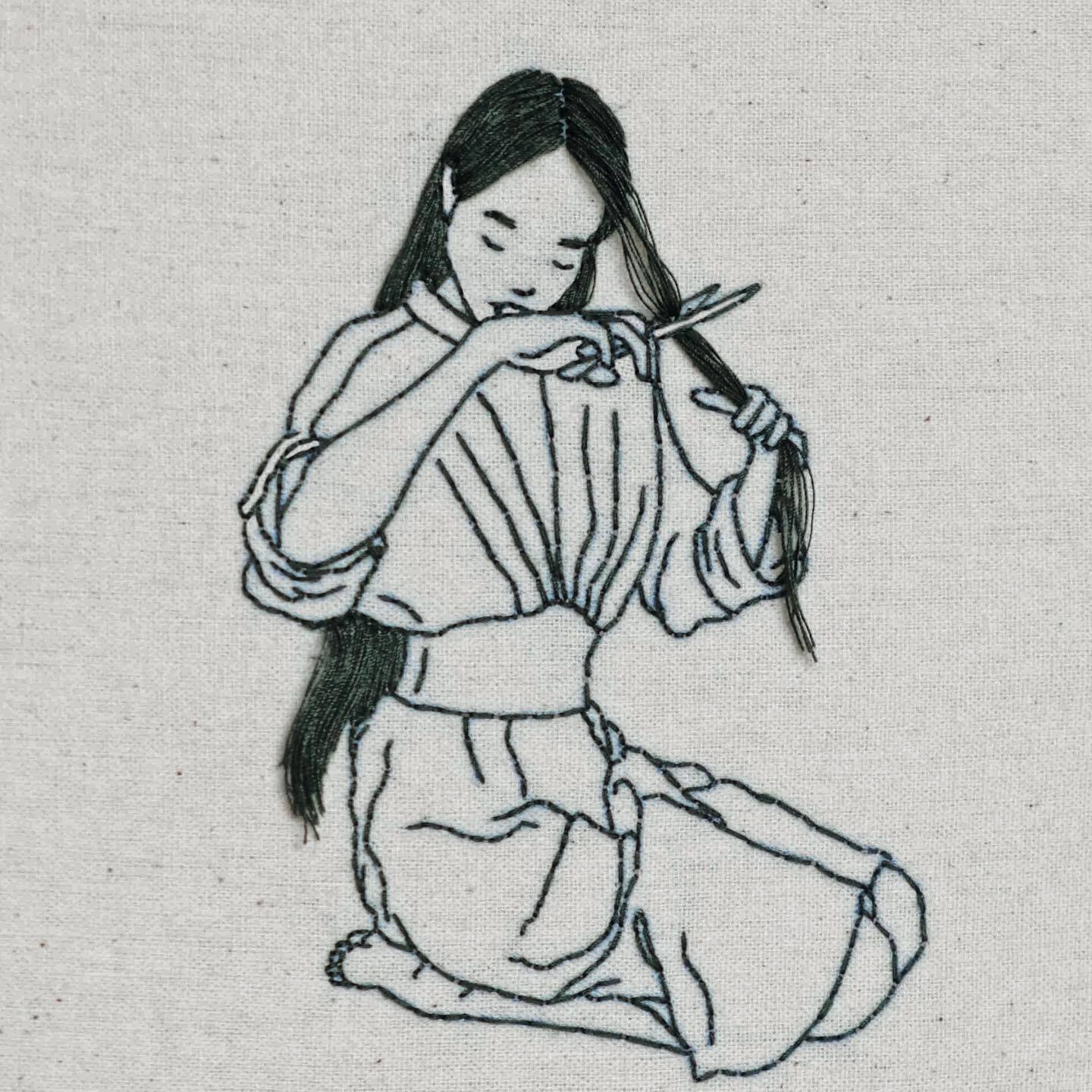
Your T-shirt raises funds for House of Hope, can you talk a little about the work they do?
The House of Hope is a non-profit organisation based in Penang, Malaysia where I am from. They are dedicated to serving families affected by urban poverty. They make their biggest impact on the community through feeding programs, clothing, educational programs, temporary financial relief, and medical assistance.
For you, why is AAPI Heritage Month important?
AAPI month or any other month that celebrates a certain subset of culture provides a platform for promoting positive representation and combating prejudices. By amplifying our voices and sharing our human experiences, a more inclusive society can be fostered.

Relatedly, why is solidarity across Asian communities valuable?
Asian communities span beyond endless cultures, traditions, and languages. I believe that solidarity and mutual understanding help us to break down and challenge systemic barriers in place.
Read More: Design Is Political For Marwan Kaabour



